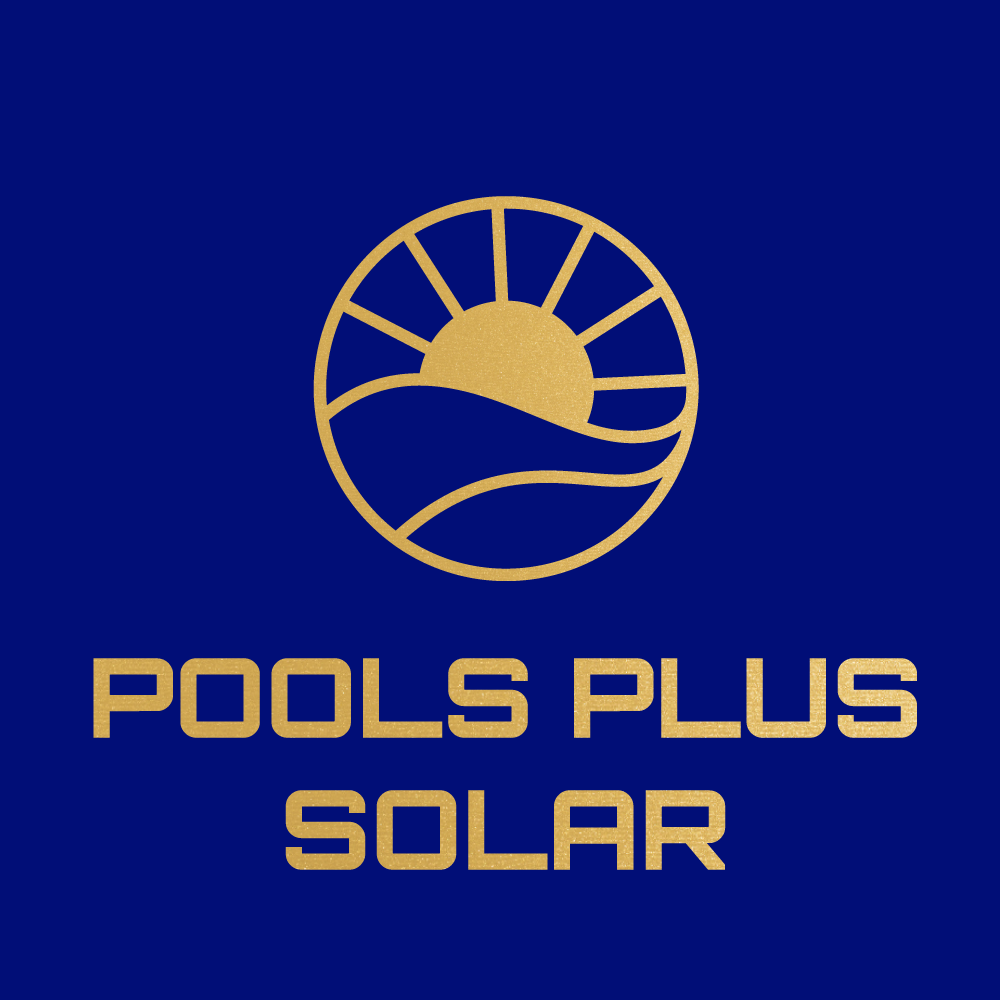Solar Pool Heating Overview
Installing a solar pool heater is an excellent way to significantly reduce the cost of heating your swimming pool. Solar pool heating systems are competitively priced when compared to both gas and heat pump heaters and offer extremely low annual operating costs. In many regions, solar pool heating stands out as one of the most cost-effective uses of solar energy.
How Solar Pool Heaters Work
Most solar pool heating systems consist of the following components:
- Solar Collector: This device circulates pool water, which is heated by the sun as it passes through the collector.
- Filter: Before water enters the collector, it passes through a filter to remove debris.
- Pump: The pump circulates water through the filter and collector, then back into the pool.
- Flow Control Valve: This device, either manual or automatic, directs the water flow through the solar collector.
Water from the pool is filtered and then directed into the solar collectors, where it is heated by the sun before being recirculated into the pool. In warmer climates, these collectors can also be used to cool the pool during peak summer by circulating water through the collectors at night.
Sizing a Solar Pool Heating System
When sizing a solar pool heating system, several factors should be considered:
- Pool size
- Length of the swimming season
- Average regional temperatures
- Desired pool temperature
- Site’s solar resource
- Collector performance based on orientation and tilt
- Use of a pool cover
Typically, the surface area of your solar collector should be 50-100% of the pool’s surface area. In cooler or cloudier regions, a larger collector area may be required. Using a pool cover can reduce the necessary collector area.
Installation and Collector Placement
Collectors can be installed on rooftops or anywhere near the pool with proper orientation and tilt towards the sun. The efficiency of your system will depend significantly on the placement and angle of the collectors. Optimal orientation is usually true north, though collectors can function effectively when angled up to 45 degrees east or west of this position.
Efficiency and Cost Comparison
High-efficiency solar collectors reduce annual operating costs and may require less space to heat the pool adequately. Before purchasing a system, compare the costs and efficiencies of different types of solar collectors to determine the best option for your needs.
Maintenance
Regular maintenance is key to the longevity and efficiency of a solar pool heating system. While collectors generally require little upkeep, it’s essential to maintain the pool’s chemical balance and filtration system. In some areas, collectors may need periodic cleaning to maintain performance.
Choosing a Contractor
When selecting a contractor, ask the following questions:
- Does your company have experience installing and maintaining solar pool heating systems?
- How many years of experience does your team have in this field?
- Is your company licensed or accredited?
Ensure that your contractor is experienced and has a solid track record in installing solar pool heating systems.
By carefully considering these factors, you can ensure that your solar pool heating system will be efficient, cost-effective, and long-lasting.

